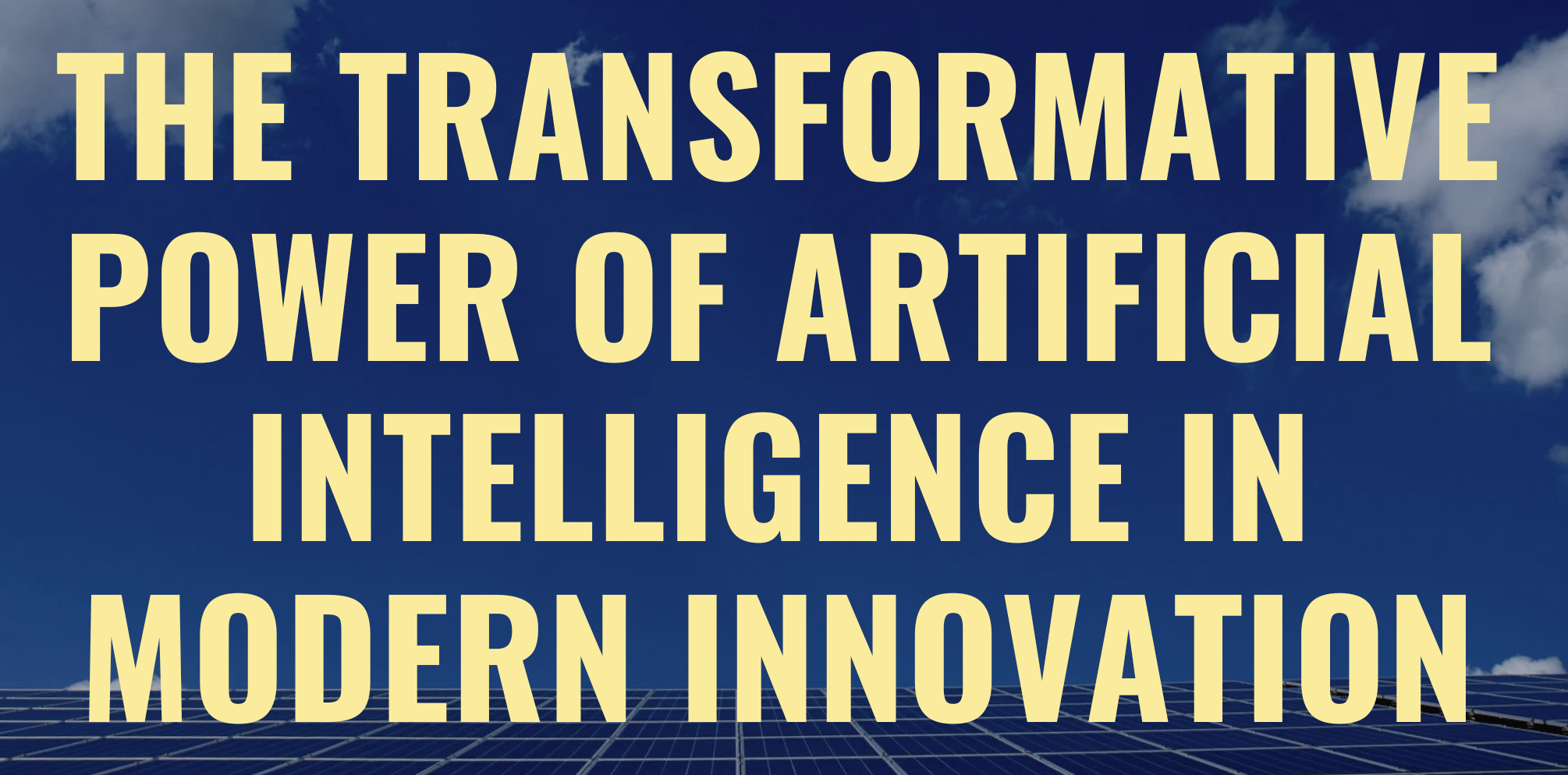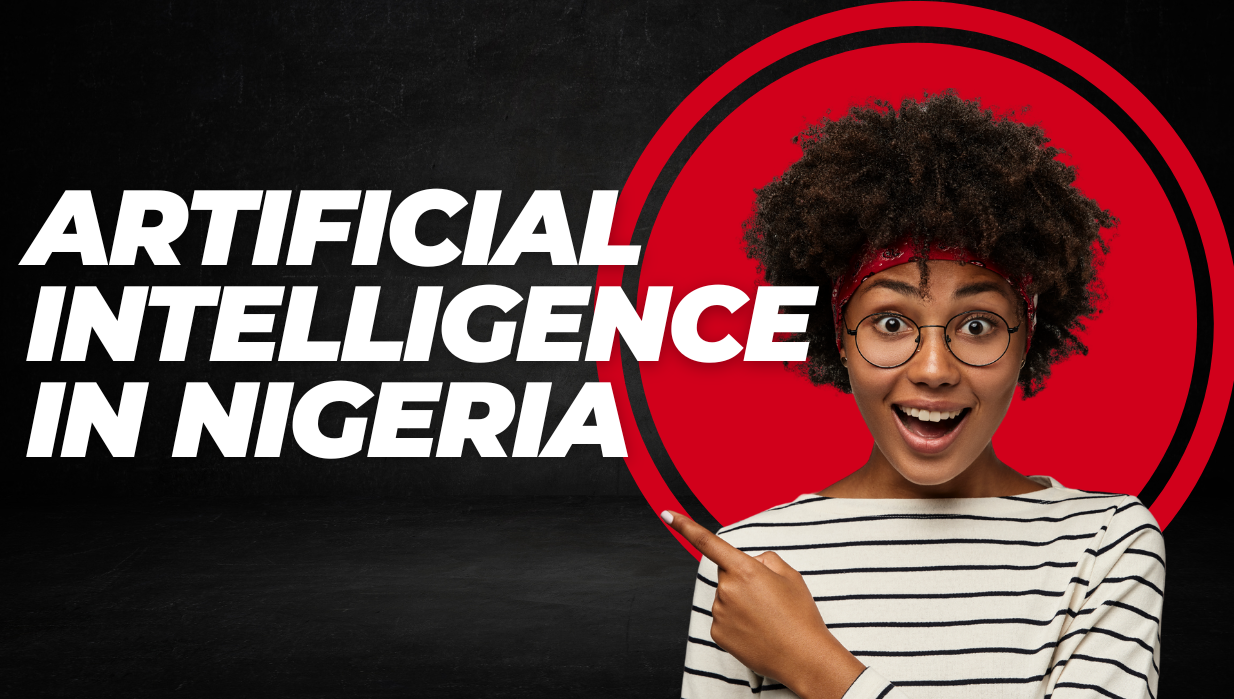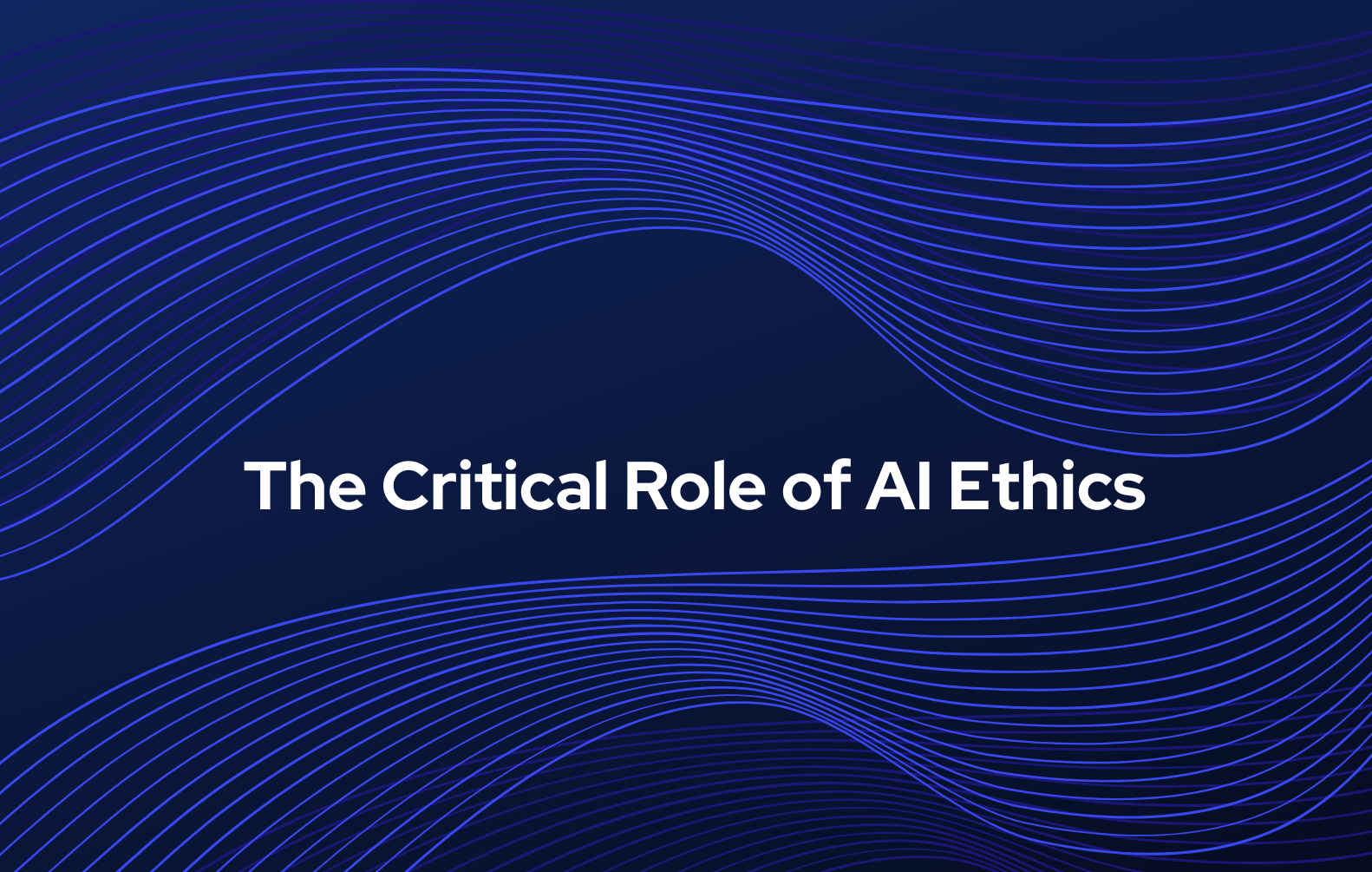
Introduction: AI as the Vanguard of Modern Innovation
In an era defined by rapid technological evolution, artificial intelligence (AI) stands as a cornerstone of innovation, reshaping societies and industries alike. Beyond mere automation, AI drives progress by solving complex challenges, spurring economic growth, and elevating global living standards. Its integration into daily life underscores a paradigm shift, where human ingenuity and machine intelligence converge to redefine possibility.
AI’s Industrial Revolution: From Factories to Entertainment
AI’s impact spans sectors with seismic effect. In manufacturing, robots equipped with machine learning optimize production lines, reducing waste by 20-30% in smart factories. Retail giants like Amazon deploy AI for hyper-personalized shopping experiences, while Netflix’s recommendation algorithms drive 80% of content views. Healthcare breakthroughs, such as Google Health’s AI detecting diabetic retinopathy with 90% accuracy, exemplify AI’s life-saving potential. These examples illustrate AI’s role not just as a tool but as a transformative force.
Exploring RichlyAI's Unique Contributions to Technology
RichlyAI stands out for its innovative approaches to leveraging artificial intelligence. By developing tools that simplify complex data interactions and offer tailored analytic solutions, RichlyAI is helping businesses and individuals harness AI’s full potential in Nigeria. Its contributions are not limited to efficiency but also extend to enhancing decision-making processes, thereby equipping companies with a competitive edge in their respective markets.
Redefining Creativity: When AI Meets Human Imagination
The creative realm is witnessing a renaissance as AI tools like DALL-E and Jukedeck challenge traditional boundaries. Artists such as Refik Anadol use AI to create data-driven installations, sparking debates on authorship and originality. Far from replacing humans, AI acts as a collaborator—enhancing musical composition, scriptwriting, and design, proving that creativity thrives when paired with computational power.
Finance Reimagined: AI’s Algorithmic Precision
In finance, AI’s prowess shines in fraud detection systems that save billions annually, and robo-advisors like Betterment managing $35 billion in assets. Blockchain integration, such as AI-enhanced smart contracts, ensures secure, transparent transactions. JP Morgan’s COIN platform, analyzing legal documents in seconds, epitomizes efficiency, reducing 360,000 hours of manual work yearly.
Education Personalized: AI as the Future Classroom
Adaptive learning platforms like Khan Academy leverage AI to tailor curricula, improving student outcomes by 30%. Tools like Grammarly assist non-native speakers, while AI-driven platforms like Coursera offer accessible upskilling. Such innovations not only empower learners but also alleviate educator workloads, enabling a focus on mentorship over administration.
Community and Connection: AI’s Social Fabric
AI strengthens communities through platforms like Nextdoor, which uses machine learning to prioritize local safety alerts. During crises, AI models predict disaster impacts, optimizing aid distribution. Social media algorithms, despite controversies, connect activists globally, amplifying movements like #ClimateStrike and fostering grassroots change.
Healthcare’s AI Lifeline: Precision and Prevention
AI’s healthcare revolution includes IBM Watson diagnosing rare cancers and startups like PathAI enhancing pathology accuracy. Predictive analytics in tools like Owkin’s platform enable early disease detection, while AI-driven drug discovery, as seen with Moderna’s COVID-19 vaccine, slashes development timelines from years to months.
Global Tech Hubs: Crucibles of AI Innovation
Silicon Valley, Shenzhen, and Cambridge serve as epicenters where talent and technology intersect. Initiatives like Montreal’s Mila attract global AI researchers, fostering breakthroughs in ethical AI. These hubs exemplify collaboration, accelerating advancements from autonomous vehicles to quantum computing.
Collaborative Futures: Unity in Innovation
The future of AI hinges on interdisciplinary collaboration. OpenAI’s partnership with Microsoft and UNESCO’s AI ethics guidelines highlight the synergy between tech, policy, and academia. Open-source platforms like TensorFlow ensure knowledge sharing, democratizing innovation and ensuring AI benefits all humanity.
Conclusion: Crafting an Inclusive AI-Driven Tomorrow
AI’s omnipresence in modern innovation is undeniable, yet its true potential lies in ethical stewardship and inclusive growth. By prioritizing collaboration across sectors and cultures, society can harness AI not merely as a technological marvel but as a catalyst for equitable progress. As we stand at this crossroads, the fusion of human creativity and artificial intelligence promises a future limited only by our collective imagination.



